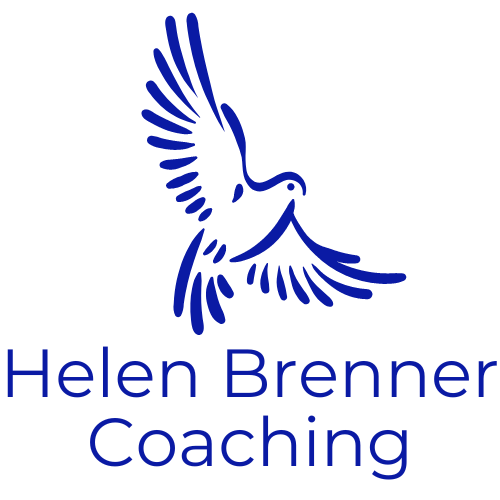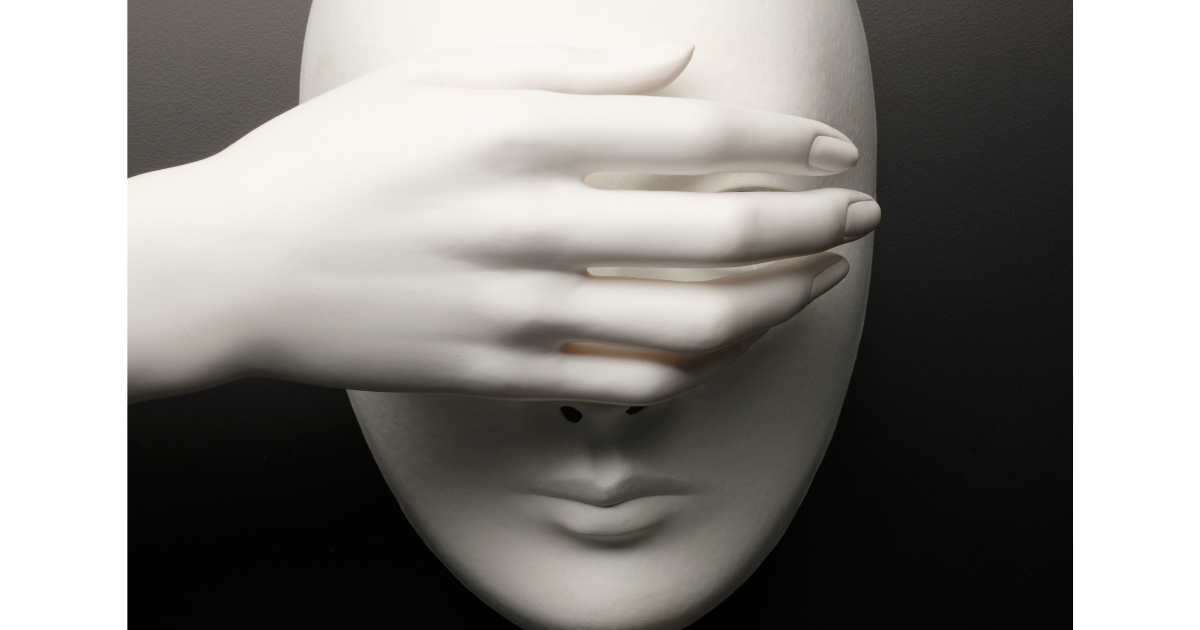It Wasn’t That Bad
For years, I told myself my childhood sexual abuse wasn’t that bad.
After all,
He didn’t hit me.
He didn’t threaten me.
He didn’t leave visible, physical scars.
So, I struggled within myself . . . What right did I have to feel so screwed up when others had it “so much worse” than I did?
I even convinced myself that he didn’t know what he was doing. After all, he had been under psychiatric care. I gave him excuses. I let him off the hook.
The truth?
He knew.
But I gaslit myself into believing the damage didn’t count by minimizing its impact in comparison to what had happened to others.
The Realization That Changed Everything
At one point in my healing journey, I found validation in something that stopped me in my tracks:
What I experienced didn’t have to be repeated or extreme for it to deeply affect me deeply.
Even one incident can have an impact that changes everything.
That truth brought tears of relief and sadness.
Relief that I mattered, it mattered.
And sadness that I had been minimizing it for decades, carrying a guilt that was never mine to bear.
Because what so many of us do is diminish our own pain.
We compare.
We justify.
We rationalize.
Telling ourselves it wasn’t real trauma unless it fit some extreme definition.
But trauma isn’t a contest. There’s no scoreboard.
The impact began the moment the boundary was crossed—and it didn’t need to be repeated or “severe enough” for it to leave a mark.
Who I Came To Be
Over time, I learned to be compassionate with myself and honest about the impact it had on all aspects of my life.
Trauma wasn’t just about what happened—it was about how it lived inside of me, how it shaped the way I saw myself and the world.
For years, I tried to think my way out of it. Talking, analyzing, intellectualizing—it all gave me language for what I went through, but it didn’t bring relief.
What finally made the difference was giving myself permission to stop minimizing. To stop excusing. To stop carrying what was never mine.
And here’s another deep realization I worked my way through:
Sometimes the resistance to healing showed up as more self-gaslighting
“If it was that easy to let go, surely it must not have been that bad.”
But the fact was this: releasing pain didn’t mean it wasn’t bad.
It meant I no longer had to live as though it still was.
And yet, even at 61, I can see the remnants.
I see it in how I struggled to catch up, to make up for the losses caused by the abuse.
But here’s the difference: those remnants don’t define me anymore. They remind me how far I’ve come, and they keep me honest about the cost—and the possibility—of healing.
I spent years telling myself it wasn’t that bad. But minimizing didn’t protect me—it kept me in a never-ending loop of pain, guilt, minimizing, and self-loathing. What changed everything was learning to be compassionate with myself and honest about the impact it had on every part of my life. Healing began when I finally accepted that what happened absolutely sucked—and that I deserved better.
If you’ve ever told yourself ‘it wasn’t that bad,’ I hope my story reminds you: what matters isn’t how what happened to you compares to others, but how it impacted your life.
And if you’d like a safe space to talk about your own experience—or simply to be heard—I invite you to reach out and connect with me.
. . .
You can read more about self-gaslighting in my blog post: Are You Gaslighting Yourself?

